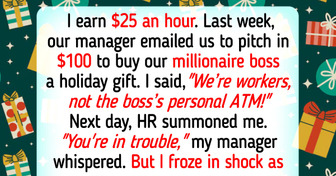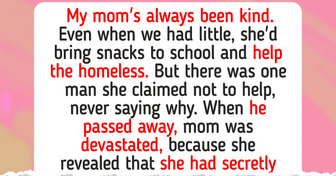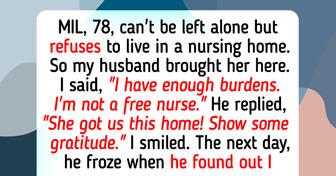My Parents Treated My Sister Like a Princess and Me Like Nothing—Big Mistake

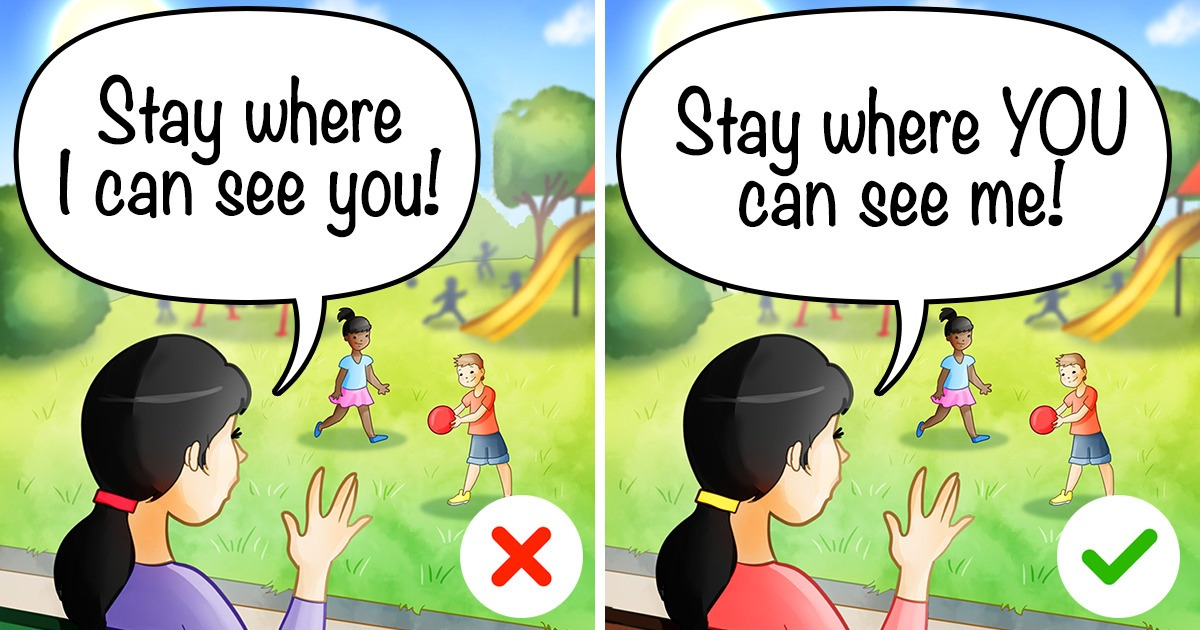
Raising a child is by no means easy. Children are inevitably going to hurt themselves, as it’s all a part of growing up. However, that doesn’t mean we shouldn’t do our best to keep them safe from preventable accidents. Luckily, experts often share tips that can help you implement the basic safety rules for your children to abide by.
We at Bright Side know how stressful parenting can be. Because of that, we wanted to share a few pieces of advice that will take your child’s safety to a higher level.
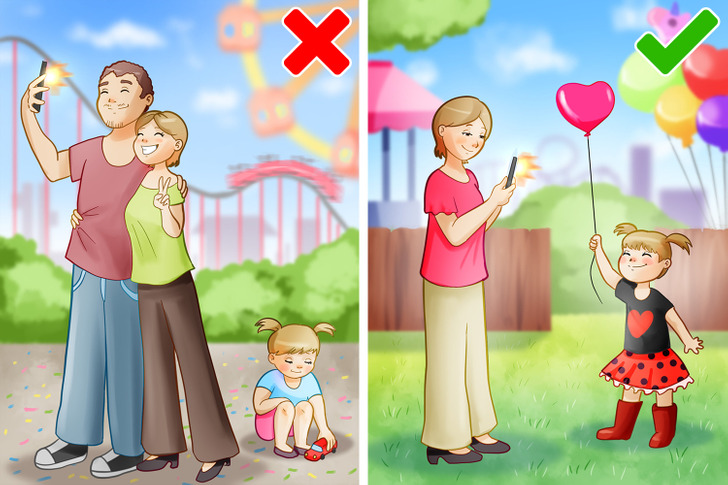
Going to an amusement park or any other large-volume attendance venue is a nightmare to many parents as their children could easily get lost in places like these. And even though nobody hopes for that to happen, it’s always good to be prepared as if it will. You can do that by taking a picture of your child before heading out. That way, in case they get lost, you will have the exact picture of how your child looked and what they were wearing that day. Showing this picture to the authorities will make the quest much easier and more effective.
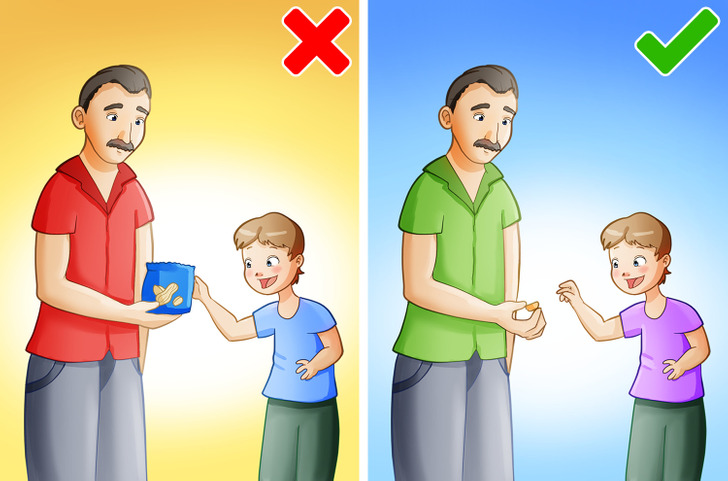
Nut allergies have become more common in the past years and many children suffer from them. Because of that, when giving your kid peanuts or any other tree nut for the first time, go for a small amount. Observe the child’s reaction after eating one nut. If allergy symptoms do not occur, you can gradually increase the amount. Taking only one bite when eating something for the first time can be a life-saving tip for anyone who is not aware of having a food allergy.
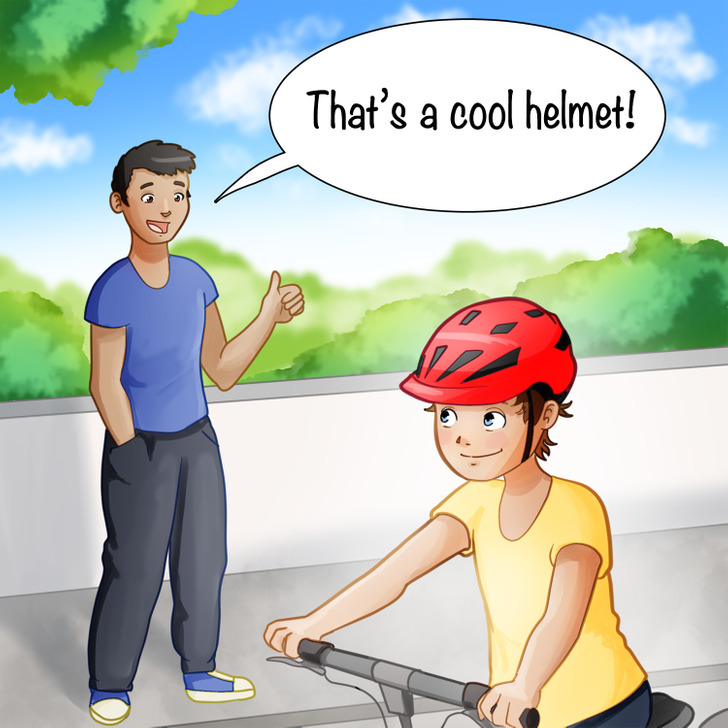
Kids love showing off their courage and can be very cruel to their peers who are not prone to rebellious behavior. A child can often experience teasing for wearing a helmet when riding a bike or performing any other risky physical activity. To raise a child’s confidence, always let them know how cool you think their helmet is when you see them wearing it. The compliment from an adult will encourage them to continue taking basic precautions in the future.
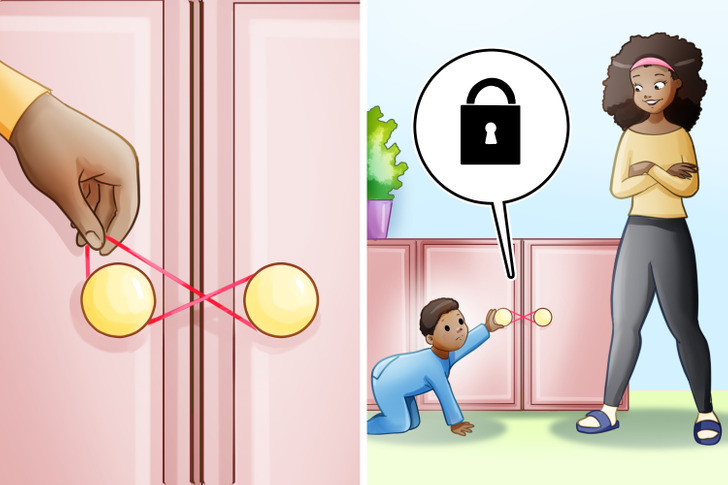
Visiting someone with a small child can be quite stressful as they probably don’t have all the gadgets that make a living place safe for children. Instead of sitting on pins and needles, anticipating the moment your child will try to open a drawer or a cabinet, you can secure it using just a hair tie. Simply twist it and wrap it around the knob as tight as you can. It will prevent your kid from opening everything in the room.
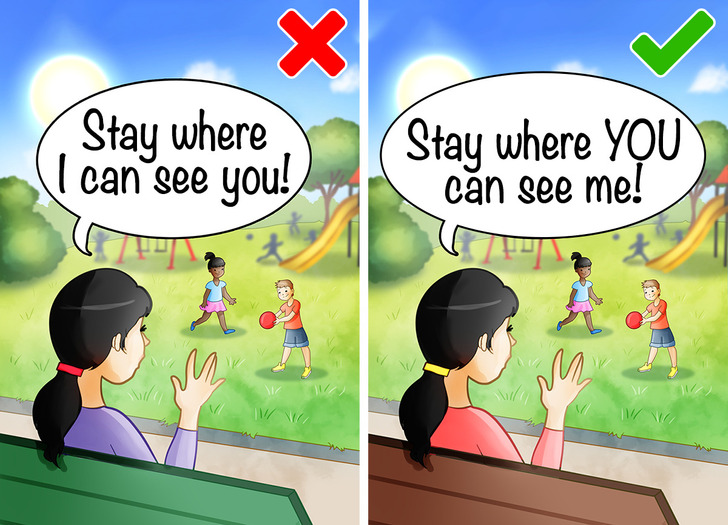
Nobody loves feeling controlled, especially young rebels who strive to explore the outside world. If you command your child to stay where you can see them, they will feel restricted and probably do the opposite. Instead, it’s way more effective to tell them, “Stay where you can see me.” This way, they won’t take staying in your sight as an order, but rather, as a choice. It will make them feel like they’re the ones who have control over the situation.
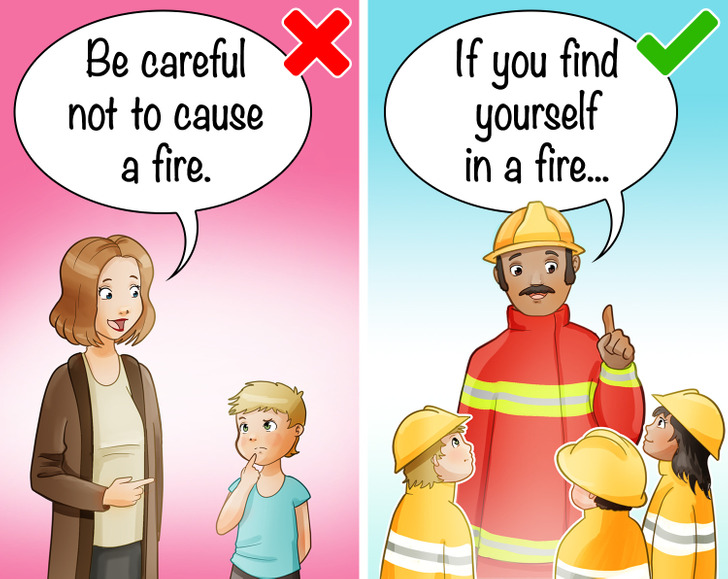
Talking about fire safety can certainly lower the chances of your child causing a flame. However, if a child finds themselves in a middle of a fire, the theory about fire prevention won’t help much. Instead of talking only about precautions, teach your child about safety tips that can help them get out of a fire. Try to go through different scenarios with your child so you can be sure they know what to do in an emergency.
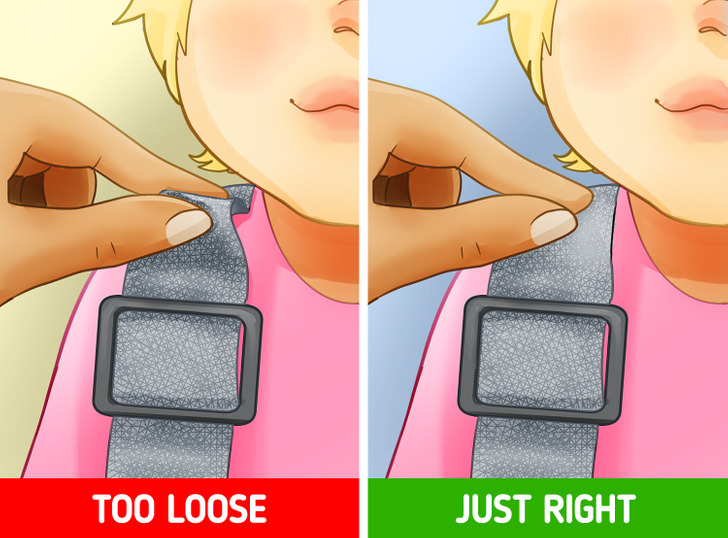
To make sure that harness straps on a child’s car seat are tight enough, do a pinch test. After you adjust the harness, try pinching the webbing at the child’s shoulder. If any material can be grasped, that means it’s too loose and you need to tighten the strap. For your child to be secure, your fingers should slide right off the webbing.
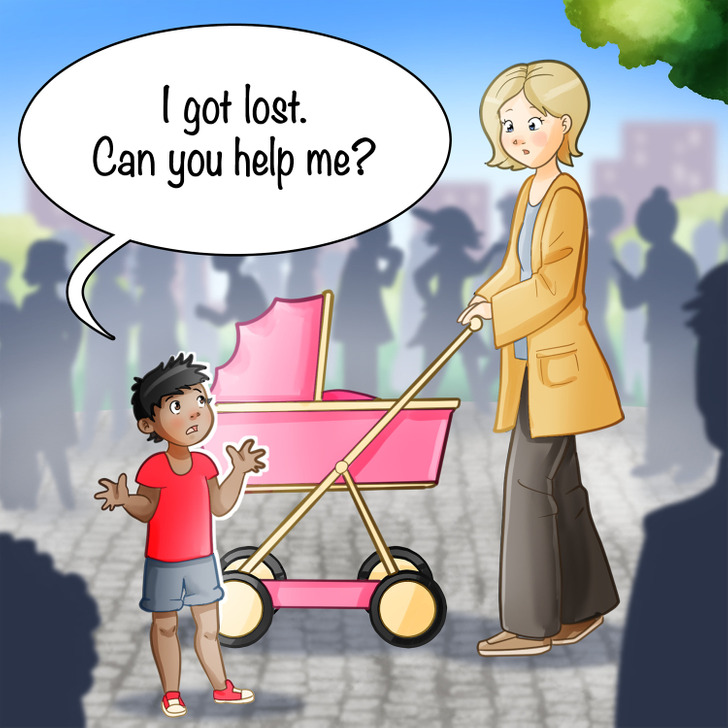
Parents usually teach children to approach a staff member in case they get lost. However, it can sometimes be hard for a youngster to determine who is an authority figure. Instead, teach them to approach someone with a stroller. Not just because strollers are easily noticeable, but people with small kids are generally more reliable and emphatic to other children.
Do you have any other useful tips that can ensure a child’s safety? Share them in the comments.

